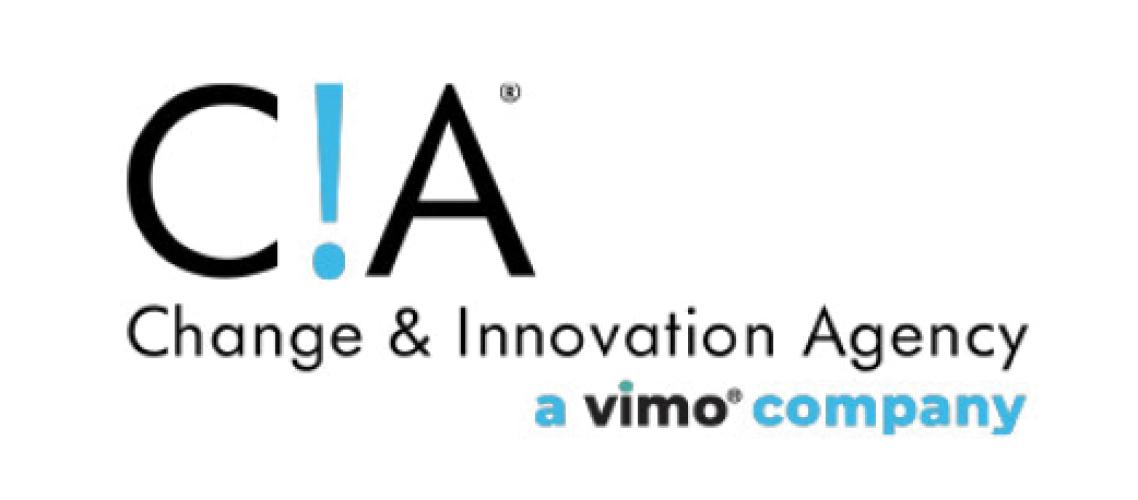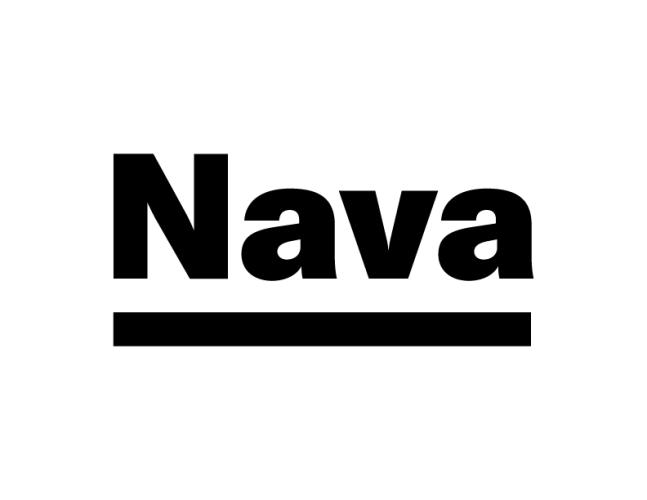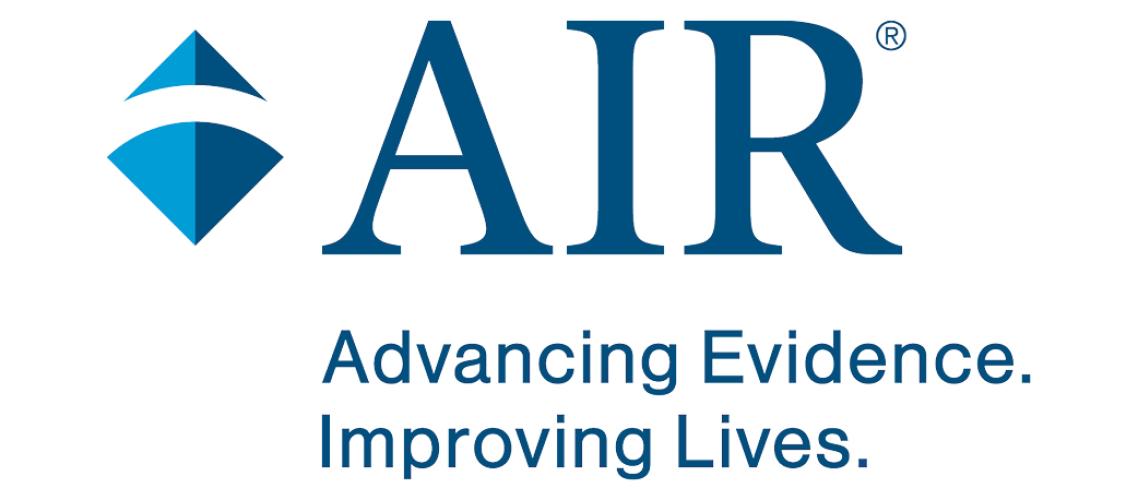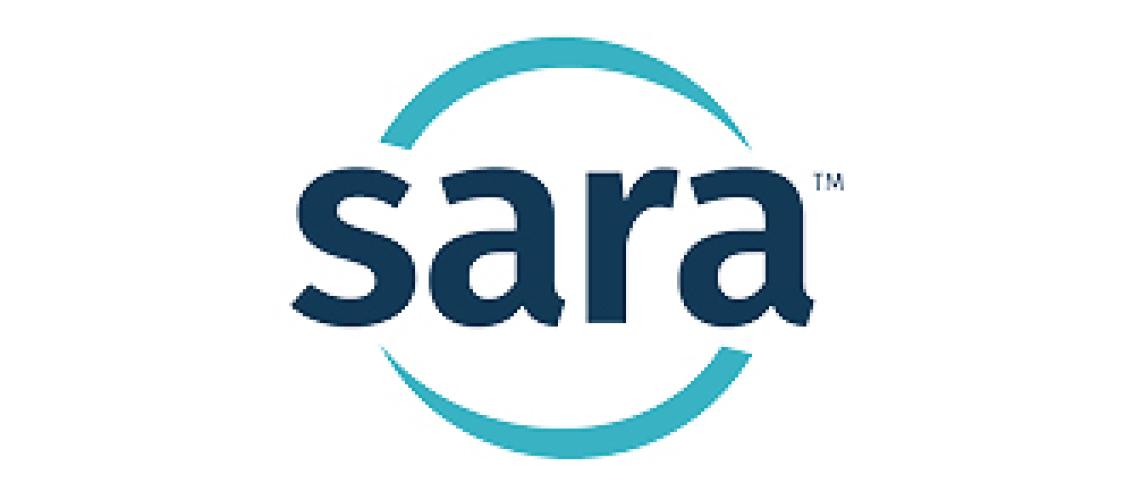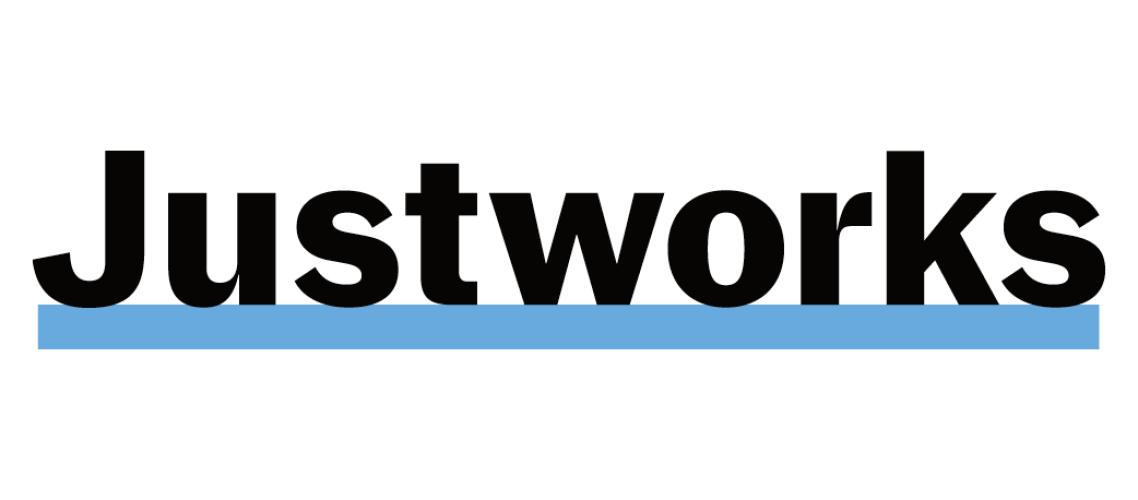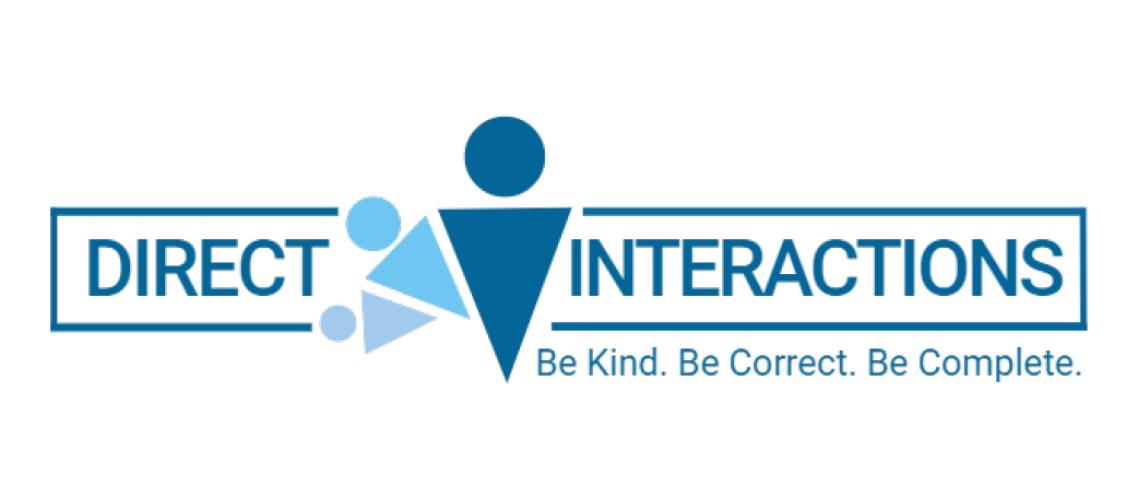Department of Veterans Affairs Resources on Suicide Prevention for Suicide Prevention Month
One small act can make a difference in the life of a Veteran or Service member in crisis.
Every year, organizations across the country recognize September as Suicide Prevention Month. This year, the Veterans Crisis Line is asking you to think about the power of one and consider the many ways a single act can give Veterans access to confidential support and resources.
For Veterans going through a difficult time and their loved ones who are concerned about them, a single call, chat, or text can be a critical first step. One conversation with a Veteran about how he or she is doing can open the door to services and support.
Everyone can be the person who makes a difference in a Veteran’s life, and connecting with support doesn’t have to be hard. The Veterans Crisis Line can help.
Free, Confidential Resources
The Veterans Crisis Line is a free, confidential resource that Veterans and their families and friends can access any day, anytime. Trained professionals — some of them Veterans themselves — are ready to listen, 24 hours a day, 7 days a week, 365 days a year. Since launching in 2007, the Veterans Crisis Line has answered more than 1.25 million calls and made more than 39,000 lifesaving rescues.
The U.S. Department of Veterans Affairs (VA) counts on grass-roots networks and community organizations to spread the word that support is just a call, click, or text away — because one small act can make the difference.
Identifying Signs of Crisis
VA urges groups and individuals nationwide to stay alert for signs of suicide risk. The first step in preventing suicide is understanding the warning signs; people may show signs of risk before considering harming themselves. Warning signs include:
- Hopelessness, feeling like there’s no way out
- Anxiety, agitation, sleeplessness, or mood swings
- Feeling like there’s no reason to live
- Rage or anger
- Engaging in risky activities without thinking
- Increasing alcohol or drug abuse
- Withdrawing from family and friends
The presence of the following signs requires immediate attention:
- Thinking about hurting or killing yourself
- Looking for ways to kill yourself
- Talking about death, dying or suicide
- Self-destructive behavior such as drug abuse, weapons, etc.
If you notice these warning signs, tell a Veteran about the Veterans Crisis Line, or make the call yourself. Call 1-800-273-8255 and Press 1, chat online at VeteransCrisisLine.net/Chat, or text to 838255 for free, confidential support, 24 hours a day, 7 days a week, 365 days a year.
Spread the Word
This Suicide Prevention Month, show how the power of one single act can save a life.
Visit VeteransCrisisLine.net/ThePowerof1 to download free Suicide Prevention Month materials, including flyers to print and distribute, digital ads to display on your website, and content to post on social networks or publish in newsletters. Learn how you and your community can work together to prevent suicide.
No one can do everything, but everyone can do something. We are all part of the solution, and it starts with one small act.
Visit VeteransCrisisLine.net to learn more.
One small act can make a difference in the life of a Veteran or Service member in crisis.
Every year, organizations across the country recognize September as Suicide Prevention Month. This year, the Veterans Crisis Line is asking you to think about the power of one and consider the many ways a single act can give Veterans access to confidential support and resources.
For Veterans going through a difficult time and their loved ones who are concerned about them, a single call, chat, or text can be a critical first step. One conversation with a Veteran about how he or she is doing can open the door to services and support.
Everyone can be the person who makes a difference in a Veteran’s life, and connecting with support doesn’t have to be hard. The Veterans Crisis Line can help.
Free, Confidential Resources
The Veterans Crisis Line is a free, confidential resource that Veterans and their families and friends can access any day, anytime. Trained professionals — some of them Veterans themselves — are ready to listen, 24 hours a day, 7 days a week, 365 days a year. Since launching in 2007, the Veterans Crisis Line has answered more than 1.25 million calls and made more than 39,000 lifesaving rescues.
The U.S. Department of Veterans Affairs (VA) counts on grass-roots networks and community organizations to spread the word that support is just a call, click, or text away — because one small act can make the difference.
Identifying Signs of Crisis
VA urges groups and individuals nationwide to stay alert for signs of suicide risk. The first step in preventing suicide is understanding the warning signs; people may show signs of risk before considering harming themselves. Warning signs include:
- Hopelessness, feeling like there’s no way out
- Anxiety, agitation, sleeplessness, or mood swings
- Feeling like there’s no reason to live
- Rage or anger
- Engaging in risky activities without thinking
- Increasing alcohol or drug abuse
- Withdrawing from family and friends
The presence of the following signs requires immediate attention:
- Thinking about hurting or killing yourself
- Looking for ways to kill yourself
- Talking about death, dying or suicide
- Self-destructive behavior such as drug abuse, weapons, etc.
If you notice these warning signs, tell a Veteran about the Veterans Crisis Line, or make the call yourself. Call 1-800-273-8255 and Press 1, chat online at VeteransCrisisLine.net/Chat, or text to 838255 for free, confidential support, 24 hours a day, 7 days a week, 365 days a year.
Spread the Word
This Suicide Prevention Month, show how the power of one single act can save a life.
Visit VeteransCrisisLine.net/ThePowerof1 to download free Suicide Prevention Month materials, including flyers to print and distribute, digital ads to display on your website, and content to post on social networks or publish in newsletters. Learn how you and your community can work together to prevent suicide.
No one can do everything, but everyone can do something. We are all part of the solution, and it starts with one small act.
Visit VeteransCrisisLine.net to learn more.
